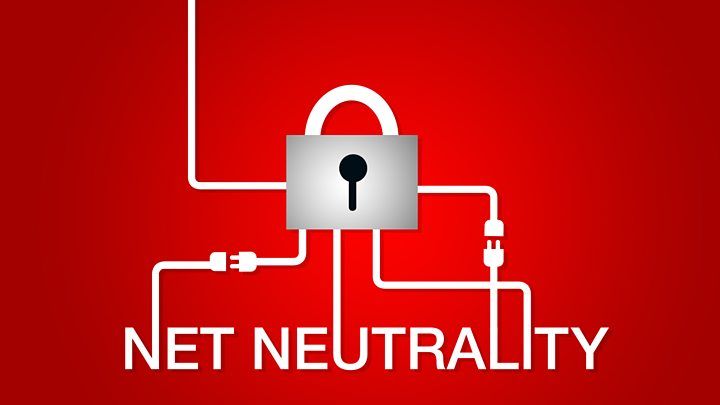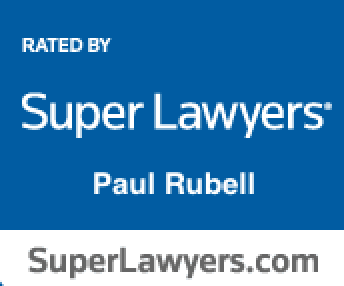Tech and Social Media Companies Fight Hate Speech in Europe
- By Paul Rubell
- •
- 03 Jun, 2016
Social media encourages people to talk and interact. For bad people, social media can be a safe haven to use hate speech and to spread hate speech virally. In order to combat this, Microsoft, YouTube, Facebook and Twitter agreed on May 31, 2016 to uphold a Code of Conduct relating to hateful speech posted by European residents. The European Union (EU) has adopted this Code.
What does hate speech in Europe have to do with American social media and American technology?
Free societies including the United States and the EU promote freedom of speech as a core value and a primary law. In America, the right to free speech is much stronger than in Europe. The First Amendment to the American Bill of Rights protects freedom of speech and freedom of the press. It is lawful in America to speak words that are hateful, mean-spirited, bigoted or racist. The United States Supreme Court has ruled that hate speech is illegal only when it incites “violent or imminent lawless action and is likely to incite or produce such action.” Brandenburg v. Ohio, 395 U.S. 444 (1969)
In contrast, the EU and most European countries have outlawed hate speech, including on the Internet and social media. These anti-hate laws are designed to protect people who reside in the EU.
Surprisingly, these laws are binding on American tech and social media companies that do business in Europe. This is because there are many people in every country in the EU who use Microsoft software and hardware and who engage on social media. If American companies do not comply, they would be violating EU laws. This is a very serious matter because hate crimes are punished in the EU with both mandatory imprisonment for at least one year and monetary penalties. Conviction of hate crimes can also include loss of public benefits as well as being placed under a court’s supervision.
Terrorism is a primary reason why the EU is concerned about the rise of hate speech. In the recent Paris and Brussels terrorist attacks, some of the bad actors had communicated via social media. According to Vera Jourova, EU Commissioner for Justice, Consumers and Gender Equality, “social media is unfortunately one of the tools that terrorist groups use to radicalize young people and racist use to spread violence and hatred.”
Hate speech is defined by the EU as follows:
“public incitement to violence or hatred against a group of persons or a member of such a group defined by reference to race, colour, religion, descent or national or ethnic origin.” Council Framework Decision on 2008/913/JHA of 28 November 2008 on combating certain forms and expressions of racism and xenophobia by means of criminal law.
The groundbreaking Code of Conduct calls for Microsoft, YouTube, Facebook and Twitter to ban all text, images, videos and other speech that promotes or incites violence and hateful conduct. Microsoft, YouTube, Facebook and Twitter will review notifications regarding illegal hate speech on their services so they can remove or disable access to such content. Efforts will be made to review notifications for removal of illegal hate speech in less than 24 hours.
Microsoft, YouTube, Facebook and Twitter will provide regular training to their staff about hate speech. They also agreed to cooperate among themselves to enhance best practices.
Europe and America have very different views about freedom of speech. The technology and social media giants are falling into line to comply with the rising tide of anti-hate speech sentiment in Europe.










